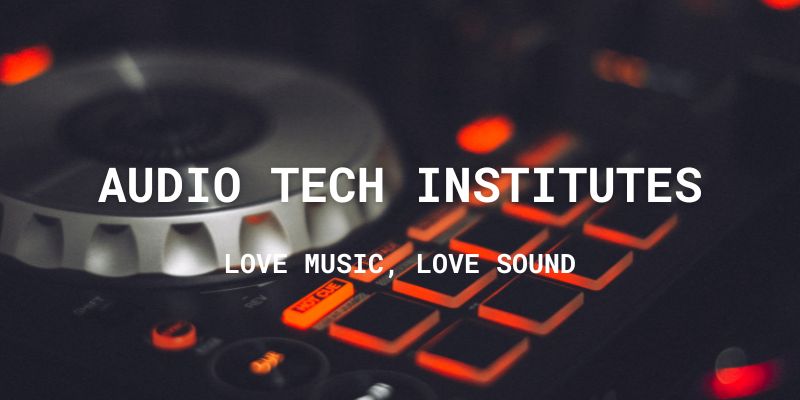
Sound engineering is an intricate and highly specialized field that plays a critical role in the music and entertainment industries. From recording studios to live concert venues, sound engineers are responsible for capturing, mixing, and enhancing audio to create high-quality sound experiences. Whether you are an aspiring audio technician or a musician looking to refine your production skills, understanding the essentials of sound engineering is crucial. This article explores the basics of sound engineering, the skills required to excel in the field, and the benefits of pursuing sound engineering and music production courses in Bangalore.
The Basics of Sound Engineering:
Sound engineering, also known as audio engineering, involves the technical and creative aspects of recording, manipulating, and reproducing sound. The fundamental tasks include setting up audio equipment, recording audio, mixing tracks, and mastering the final product. Understanding the basic components of sound such as frequency, amplitude, and waveforms is essential for anyone starting in this field.
-
Recording: This is the initial phase where the sound is captured using microphones and other recording devices. It is crucial to understand microphone types, placement techniques, and acoustic properties to ensure high-quality recordings.
-
Mixing: In this phase, various recorded tracks are combined and balanced. This involves adjusting levels, applying effects, and panning sounds across the stereo field to create a cohesive audio mix.
-
Mastering: The final stage involves fine-tuning the mixed tracks to ensure they sound good on all playback systems. Mastering includes equalization, compression, and limiting to achieve a polished final product.
Essential Skills for Sound Engineers:
To excel in sound engineering, one must develop a diverse skill set that combines technical knowledge with creative instincts.
-
Technical Proficiency: A sound engineer must be adept at using various types of audio equipment, software, and digital audio workstations (DAWs). Familiarity with software like Pro Tools, Logic Pro, and Ableton Live is often required.
-
Critical Listening: The ability to discern subtle differences in sound is crucial. This involves understanding frequency ranges, recognizing audio artifacts, and making precise adjustments to enhance audio quality.
-
Problem-Solving: Sound engineers often face technical challenges such as equipment malfunctions or acoustical issues. Effective troubleshooting and problem-solving skills are essential for maintaining audio quality during live events or studio sessions.
-
Creativity: Beyond the technical aspects, sound engineering requires a creative approach to enhance the listening experience. This includes experimenting with effects, soundscapes, and innovative mixing techniques.
Advancing Your Career with Sound Engineering Courses in Bangalore:
For those looking to build a career in sound engineering, formal education can provide a significant advantage. Bangalore, a hub for music and technology, offers a variety of sound engineering courses that cater to beginners and professionals alike.
-
Comprehensive Curriculum: Sound engineering courses in Bangalore cover a wide range of topics, including audio theory, studio recording, live sound, mixing, and mastering. These programs often include hands-on training with industry-standard equipment and software.
-
Experienced Instructors: Courses are typically led by industry professionals with extensive experience. Learning from experts provides valuable insights into industry practices and trends, helping students to stay ahead in a competitive field.
-
State-of-the-Art Facilities: Many institutes in Bangalore are equipped with advanced studios and live sound setups. Access to such facilities allows students to gain practical experience in a real-world environment.
-
Networking Opportunities: Bangalore’s vibrant music scene provides ample opportunities for students to network with industry professionals, musicians, and peers. Building connections can lead to internships, collaborations, and job placements.
Music Production Courses in Bangalore:
In addition to sound engineering, aspiring music producers can benefit from specialized music production courses. These courses focus on the creative and technical aspects of composing, arranging, and producing music.
-
Creative Composition: Music production courses teach students how to compose original music using various instruments and software. This includes understanding music theory, songwriting, and arranging.
-
Electronic Music Production: With the rise of electronic music, courses often cover production techniques specific to genres like EDM, hip-hop, and techno. Students learn how to use synthesizers, drum machines, and samplers to create unique sounds.
-
Mixing and Mastering: Similar to sound engineering, music production involves mixing and mastering tracks to achieve professional sound quality. Courses provide in-depth training on advanced mixing techniques and mastering workflows.
Conclusion:




